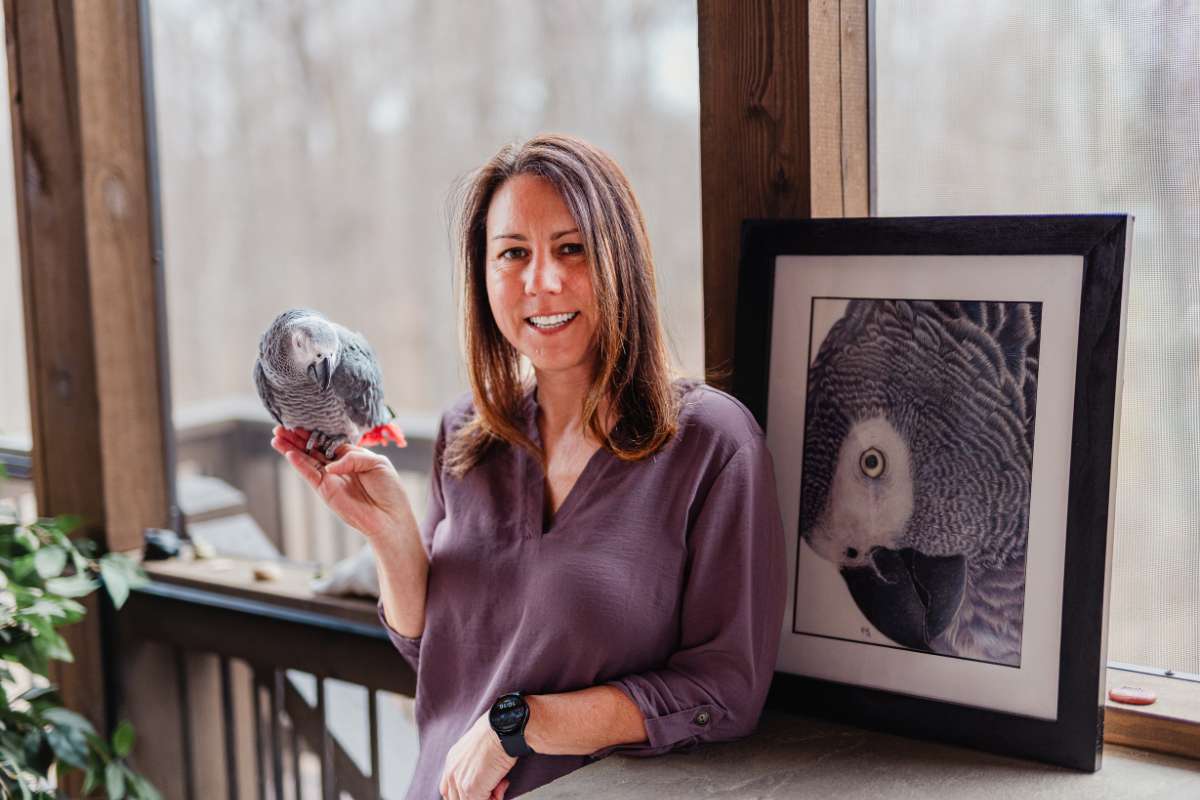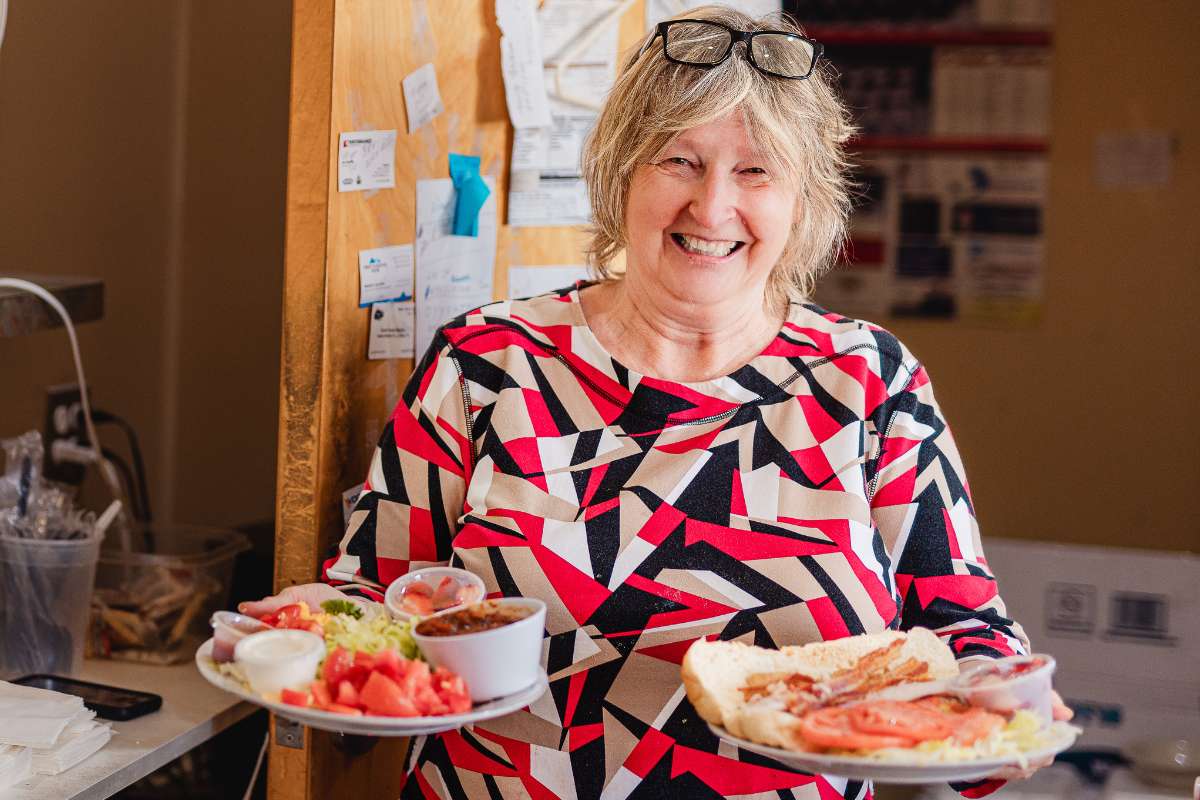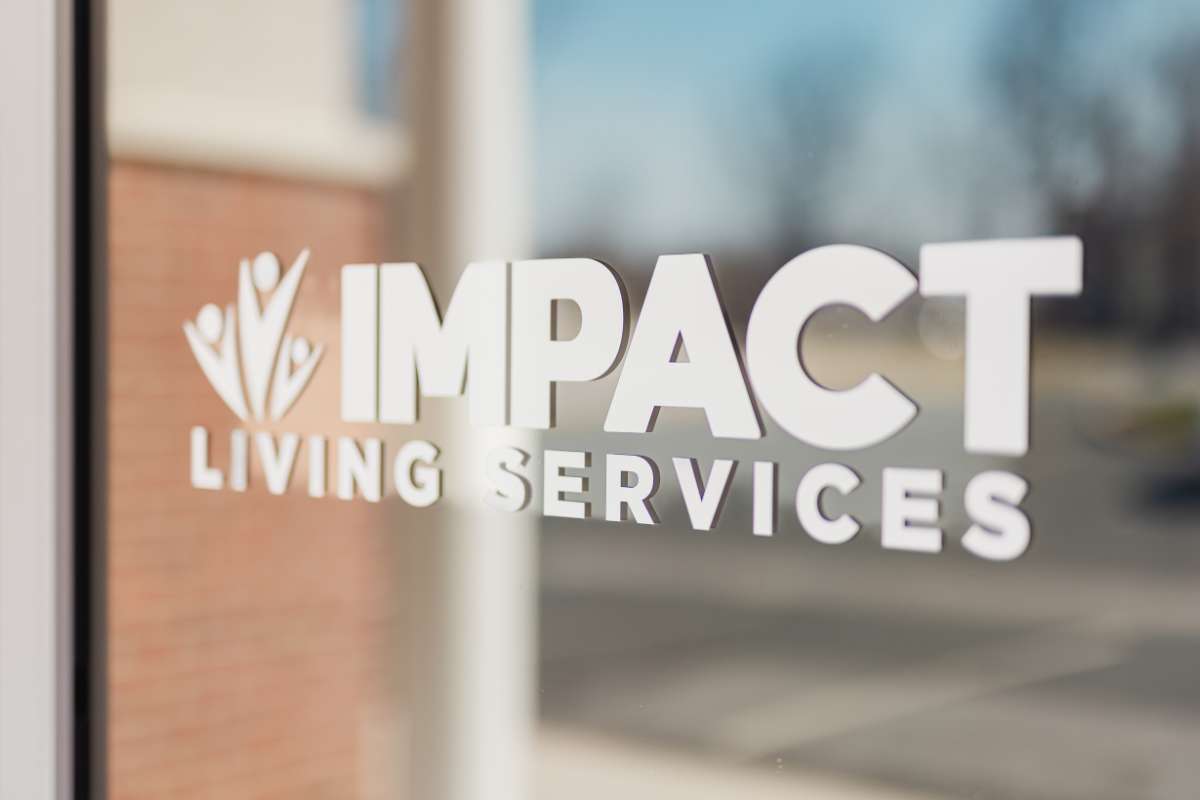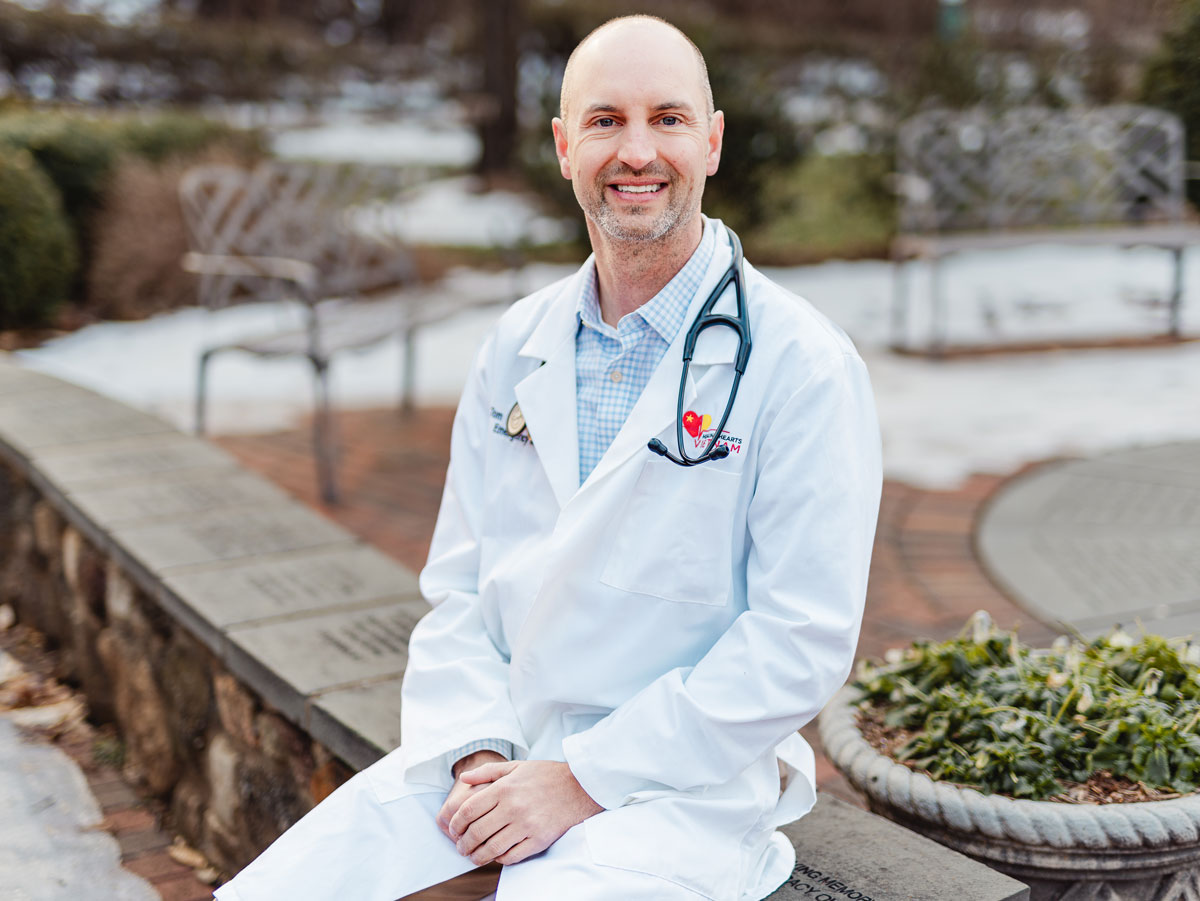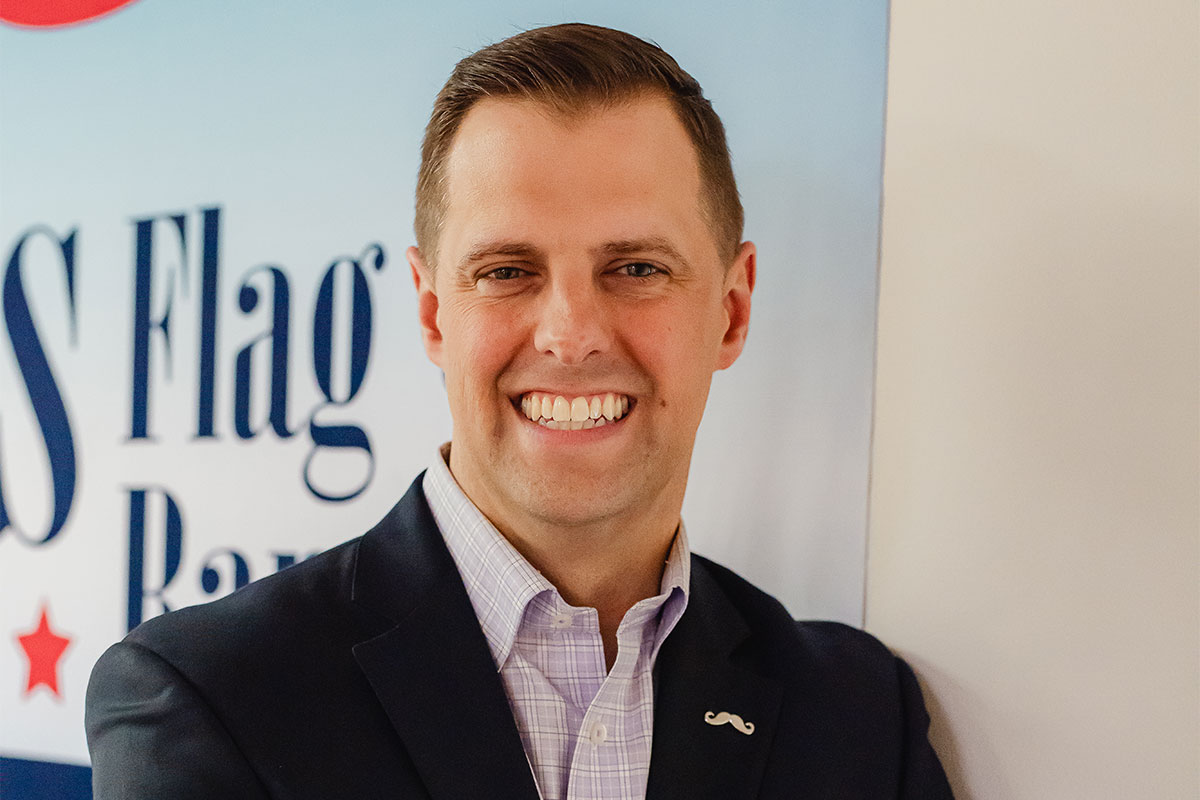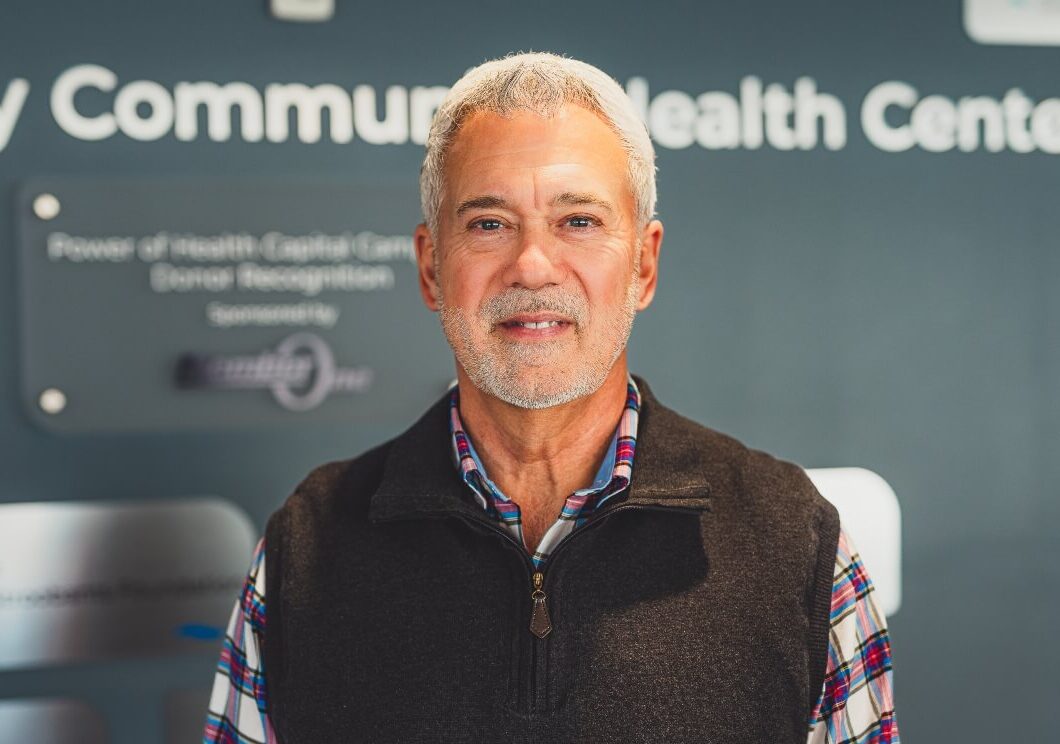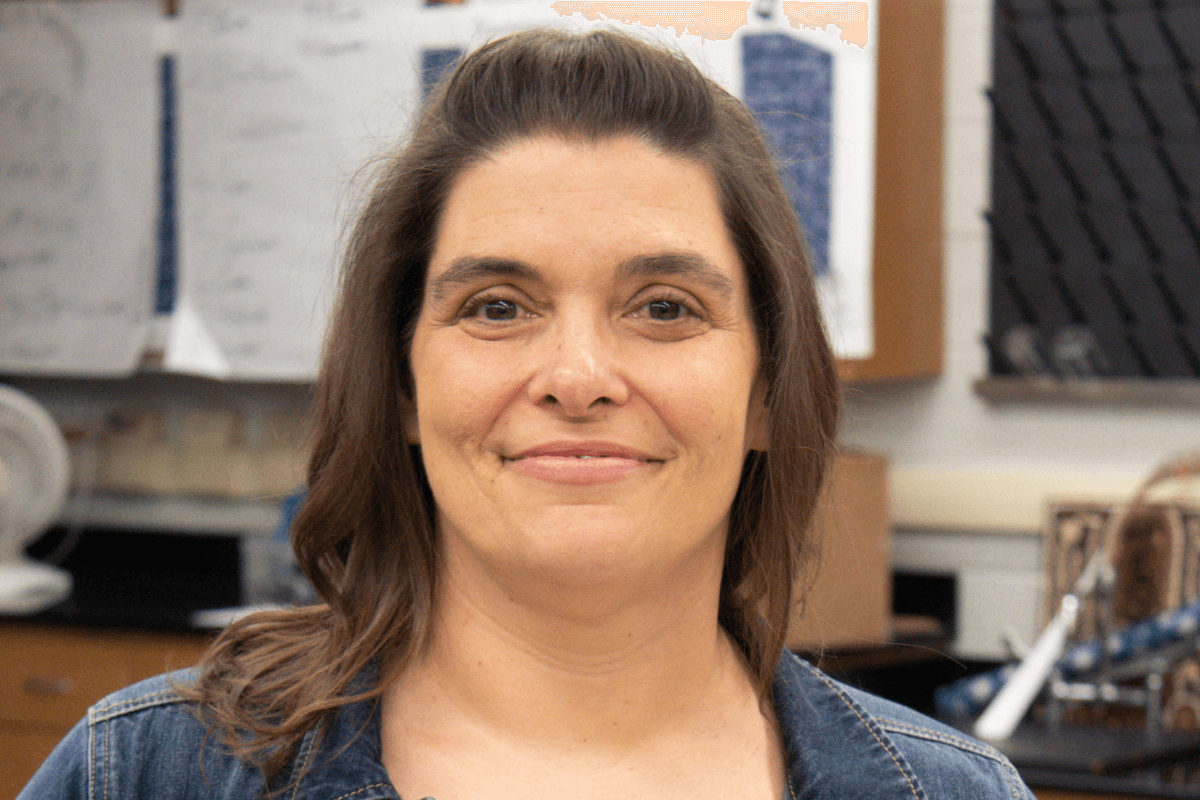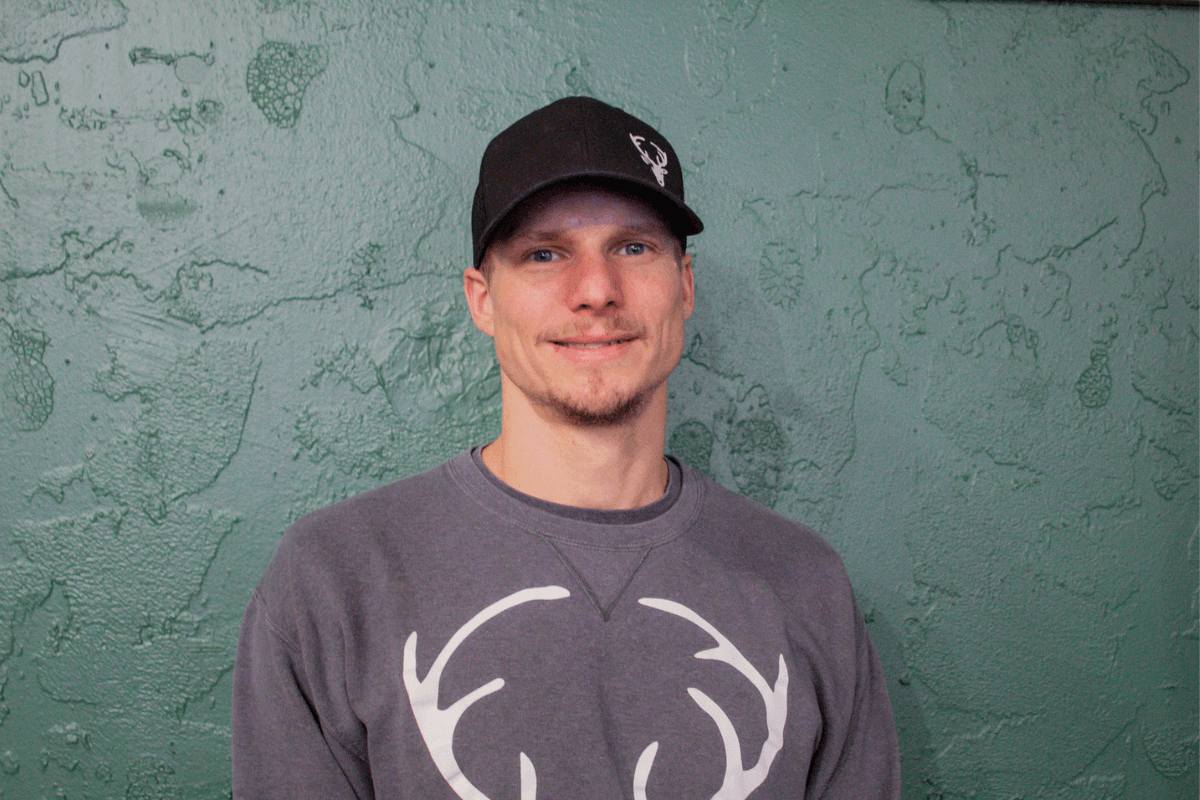IN THE halls of New Covenant Schools in Lynchburg, Virginia, the Rev. John Heaton moves with the measured pace of a man accustomed to both pulpit and classroom. For 27 years, he has served as headmaster, blending his background as a parish priest with his passion for classical Christian education.
“Being a parish priest is one side of the coin. The other side is education because the education of the young is part of the church’s mission,” Heaton explained, his voice carrying the warmth of a pastor and the authority of an educator.
This unique combination has shaped New Covenant into a place where pastoral care and rigorous learning intertwine, creating an atmosphere that students and parents feel, even if they can’t always articulate it.
“I think a pastoral tone percolates all the way down to our teachers. We talk about it a lot. I’ve stayed long enough to where that approach is woven into the culture, and people who encounter it can’t necessarily articulate it, but they feel it. It’s just what good pastoral care of children should be.”
Heaton’s approach to education goes beyond mere academics. He emphasizes the formation of the whole person, focusing on critical thinking, character development, and shaping students’ desires.
“We’re trying to teach students not just what to know but how to learn, which is a skill,” he said.
This philosophy is rooted in classical methodologies, including extensive reading, writing, and memorization. The pastoral element is also evident in how Heaton approaches discipline at New Covenant.

“There’s discipline, which is really discipleship over a long period of time,” Heaton explained. “It’s long obedience in one direction and the care and keeping of a child’s whole person and dignity intact, even when you have to correct them.”
Heaton’s educational philosophy is deeply rooted in his own experiences. Raised by a single mother in the 1960s, he attended a small Christian school that, despite its flaws, left an indelible mark on him. Early exposure to rigorous memorization and good literature laid the foundation for his current approach.
At New Covenant, Heaton emphasizes the importance of shaping students’ desires. This formation happens through what Heaton calls “small liturgies” — daily habits and routines that create deep impressions on students’ souls over time.
He acknowledges that the fruits of this approach aren’t always immediately apparent.
“I think that the fruit of what we’re doing isn’t always evident in the moment, but it comes much later down the road,” he reflected.
It’s often years later, sometimes not until college or beyond, that students fully realize how their education has shaped them.
As Heaton nears three decades at New Covenant, he sees the fruits of this pastoral approach in the lives of his students, some of whom are now sending their own children to the school. This continuity bears witness to the enduring value of an education that nurtures both mind and spirit, preparing students not just to make a living but to live well and pursue wisdom throughout their lives. GN
For more information, visit newcovenantschools.org.

